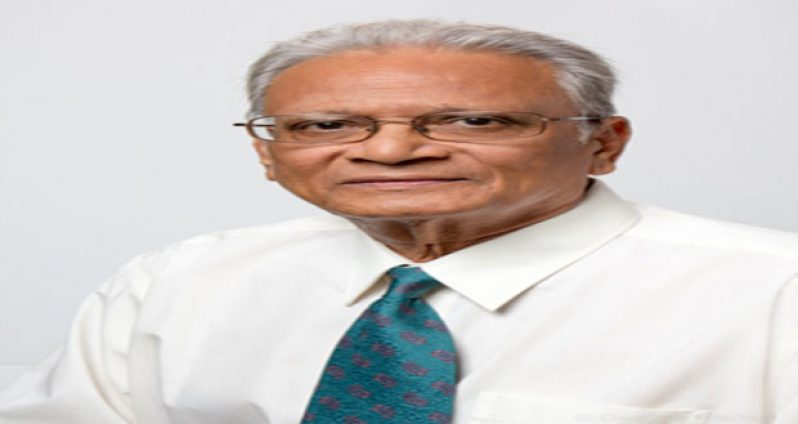IT is now 50 years since the United Nations declared September 8 as the day of observance of International Literacy Day.
That, declaration was made 50 years ago and has been occasioned by 49 unbroken years of annual observances, speaks to the importance that the world community has attached to literacy and the apparent ongoing need for it to be highlighted as a global challenge and a challenge to developing countries, in particular.
This challenge and the requisite action to address it was highlighted under the MDGs as a Target: Universal Primary Education with the ratio of achievement of literacy between the ’15 to 24 age group’, as an indicator. That the successor to the MDGs, the Sustainable Development Goals (SDGs) will also highlight this issue, clearly indicates that it is still one of the global challenges and impediments to the optimisation of the available human resources in the development process, in as much as it also underlines the level of development attained in keeping with the Human Development Index as the tool for the measurement of human development.
The SDGs essays as one of its sub-goals: “the percentage of children who achieve minimum proficiency standards in Reading and Mathematics at the end of (i) primary (ii) lower secondary”. This undoubtedly builds on the access to primary education which was a goal of the MDGs. The emphasis is now on quality, on the assumption that universal access has been attained.
Guyana has indeed declared the achievement of universal access to primary education, but the success rates at the grade 3 and 6 examinations still indicate that literacy is a daunting challenge. The theme: Literacy and Sustainable Societies is therefore very apt as the focus for Guyana into the future as we seek to optimise the utilisation of the country’s human resources for sustainable development.
In that regard, we have to turn our focus to identifying the underlying reasons for our underachievement at the Grade 3 and 6 assessments which may be considered as our indicator of literacy amongst the primary school population. Much has been said about the need for improvement at the level of the management and the delivery of education. Those areas have already been identified for attention. The challenge in those areas, is the implementation of the identified solutions and the evaluation of the implementation, in an effort to determine the effectiveness of the solutions or the need for new approaches.
However, there may also be external contributory factors to the students’ poor performance. These factors may well include the home and community environment, inclusive of the value being attached to education; the nutritional state of the children, hence their absorptive capacity; their very enrollment, punctuality and attendance at school, which may be influenced by financial circumstances; and myriad of other external factors.
The President’s School Boat/Transportation project is one such recognition. There is therefore need for much more research and inquiry into the causal factors in relation to the rate of literacy that is extant in our schools. But the school population is not the only affected population. There is a large post school or dropout population that may also be affected. The research and inquiry must also be extended to that sphere and programmes formulated to provide solutions. Given the apparent universal nature of the problem and its magnitude, a national, inter-sectoral and inter-agency approach is required. The school system has to ensure that the problem is not perpetuated, while the entire Nation has to be equally engaged outside of the school system, be it civil society, employers and community initiatives.
All are involved, lest we all be consumed.
On this the occasion of International Literacy Day, the entire Nation and its constituent parts are respectively encouraged to take stock and to take ownership of what must be a national endeavour if Guyana is to achieve the SDGs, but more importantly sustainable development.
By Dr. Rupert Roopnaraine, M.P (Minister of Education)




.png)









